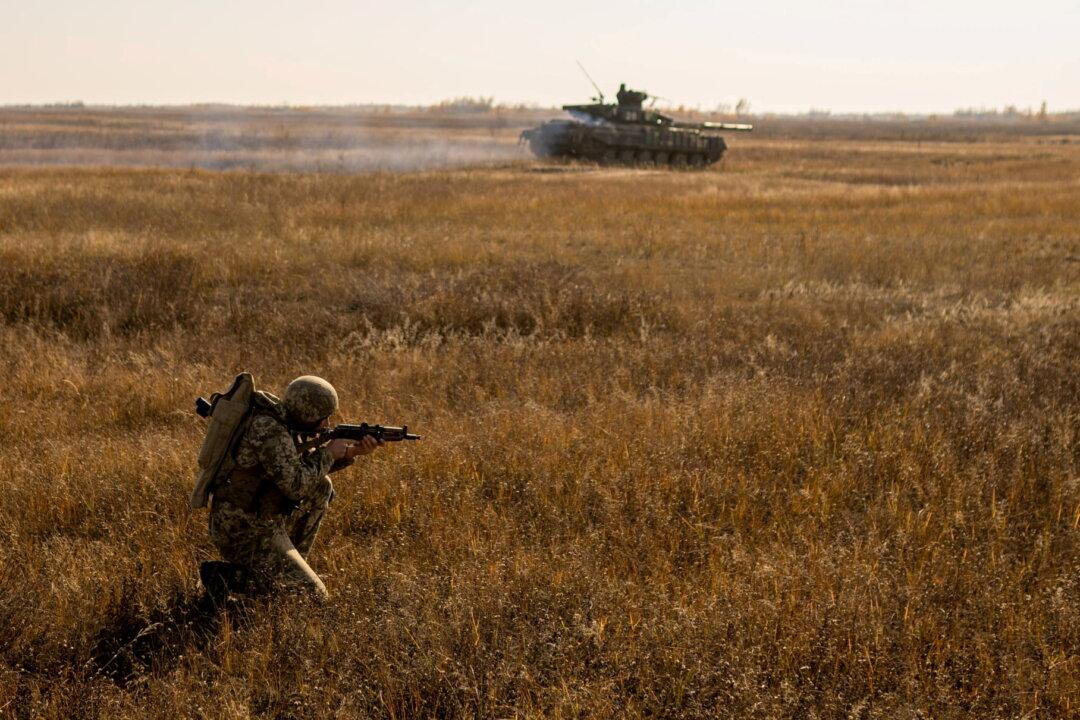News Analysis
While tension is growing between Washington and Moscow over a potential Russian invasion of Ukraine, it remains unclear which side China will support.

While tension is growing between Washington and Moscow over a potential Russian invasion of Ukraine, it remains unclear which side China will support.